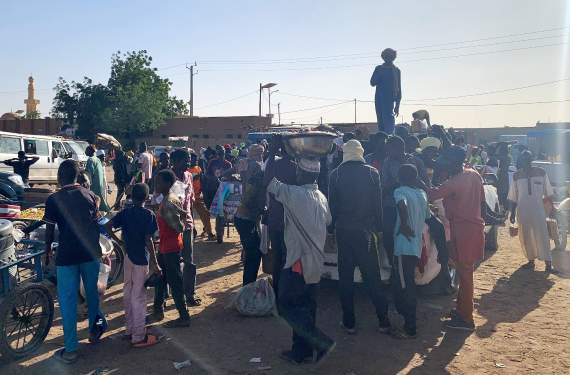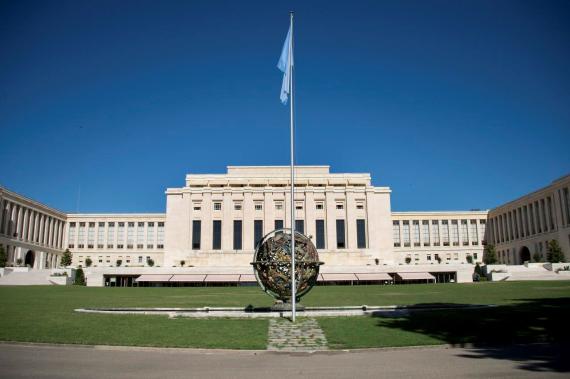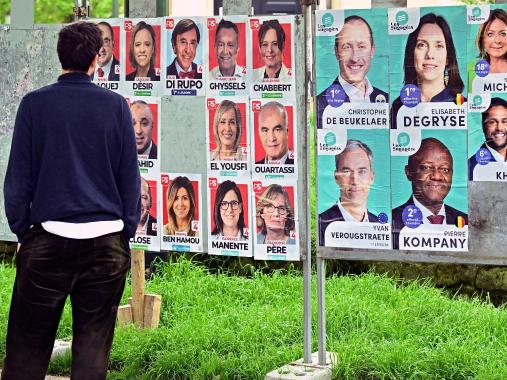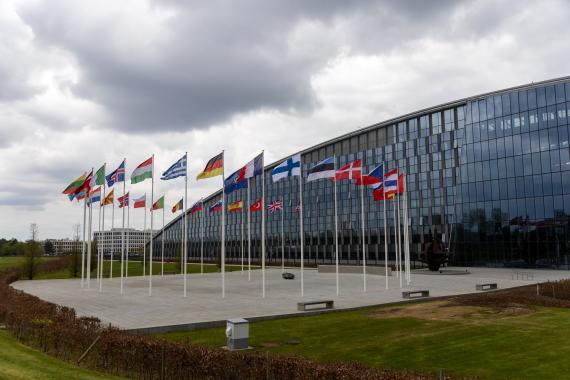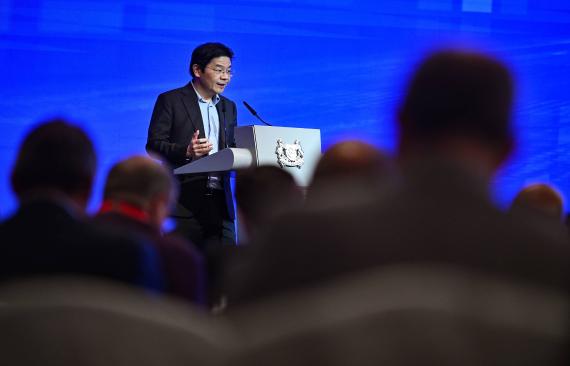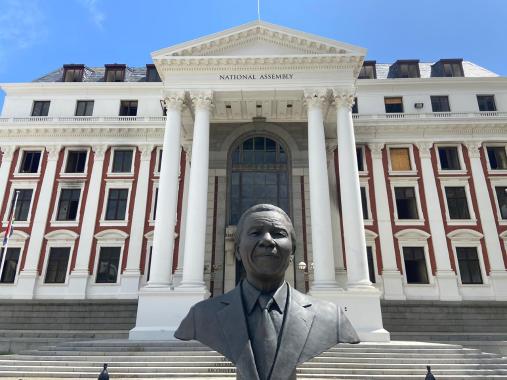Mexico ahead of the election
Problems and challenges
Presidential and parliamentary elections will be held in Mexico on June 2, 2024. Thousands of political offices will also be up for grabs at state and municipal level. Overall, these are the largest elections in the history of the world's largest Spanish-speaking country - and the stakes are correspondingly high. Claudia Sheinbaum (MORENA), the candidate chosen by President Andrés Manuel López Obrador (AMLO for short) from the left-wing populist government camp, is currently leading relatively clearly in most published polls, while her rival Xóchitl Gálvez (PAN), who is running for a coalition of three opposition parties and civil society organizations, has made up some ground in recent weeks, but is not yet within striking distance. One thing is clear, however: Mexico will be ruled by a woman as head of state for the first time from October. There are hardly any other certainties, however, and internal security is under great pressure. Since the start of the election campaign, elected representatives and candidates have been murdered on the streets or attacked during campaign appearances. The local and national security forces are barely able to put a stop to the perfidious attacks by organized cartel criminals. While the nationwide election of almost 21,000 offices and the prospect of a female president actually symbolize Mexico's great progress as a democratic society, the country continues to struggle against considerable structural problems.




